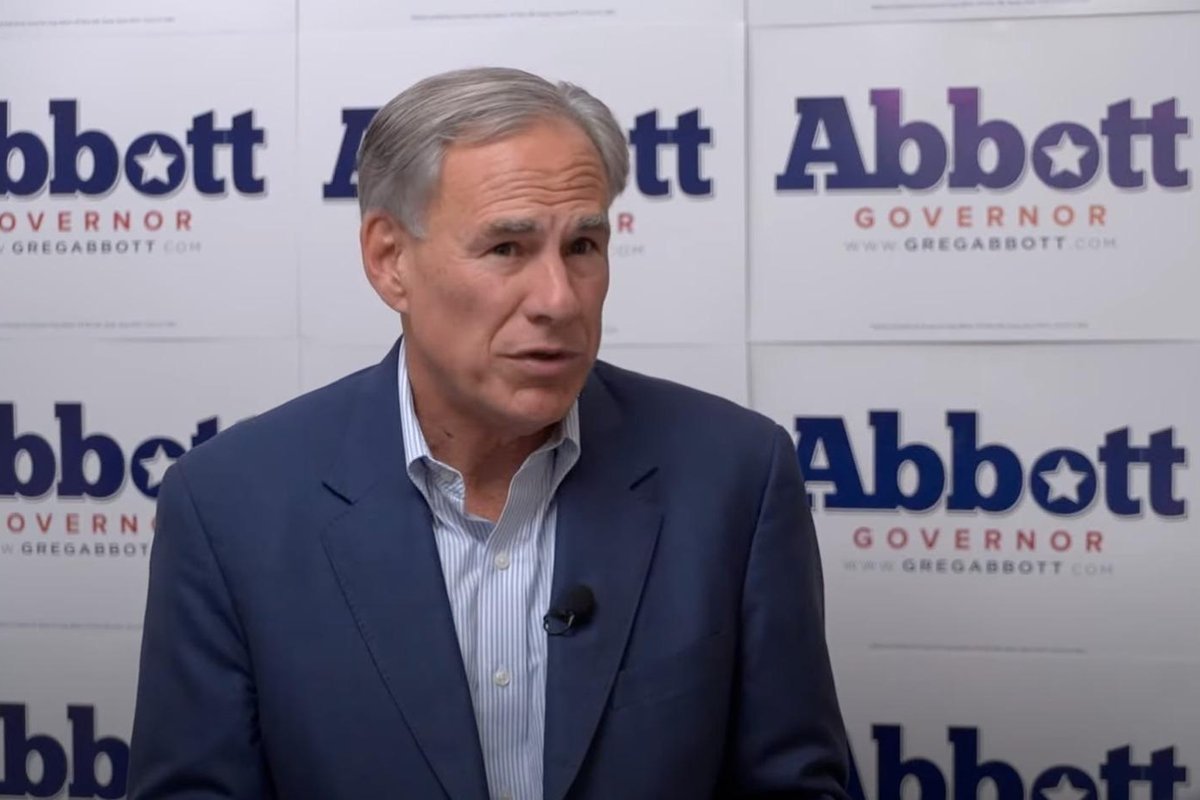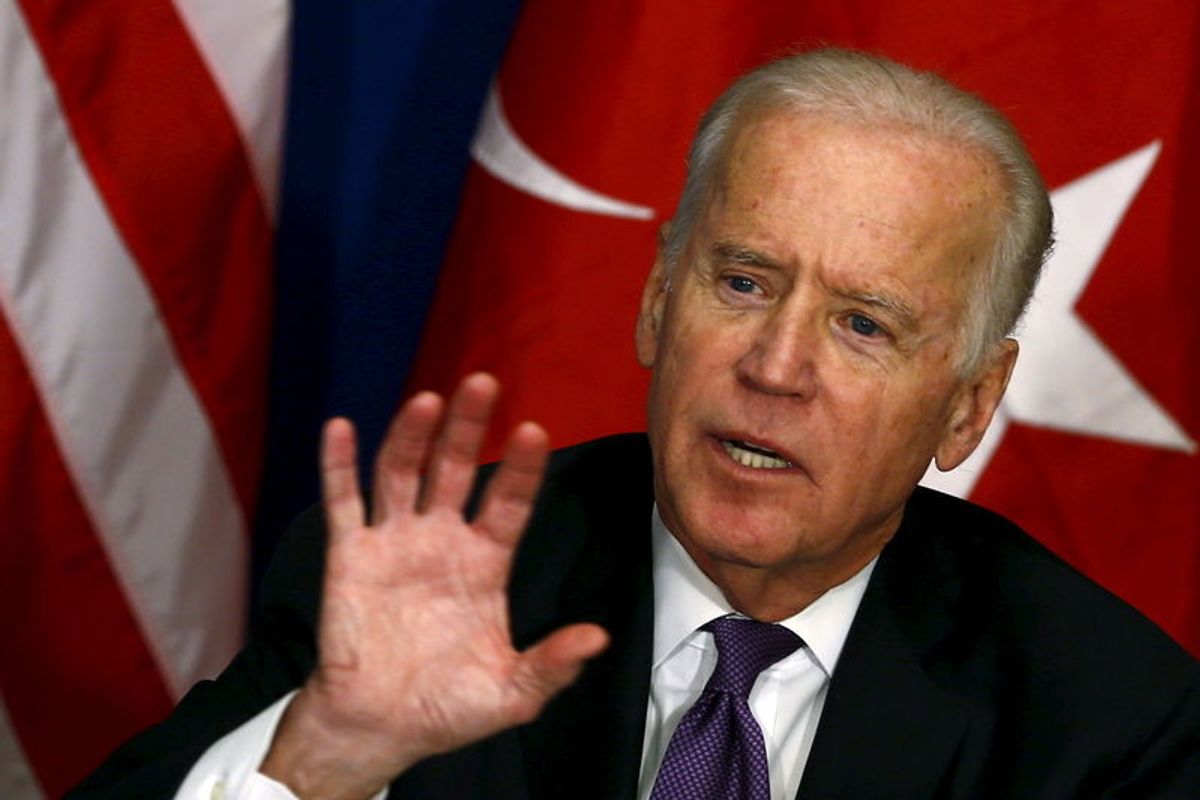
By Tina Susman, Los Angeles Times
GREECE, N.Y. — The letter arrived in Sue Galloway’s mailbox with no return address and a brief message warning Galloway, who is Jewish, to “be careful.” It was signed “666.”
Across town, Linda Stephens, an atheist, received a similarly worded letter, along with a verbal suggestion from a neighbor that she leave town, because “nobody here likes you.”
The women’s perceived sin? Challenging the Town Board’s long-standing practice of opening monthly meetings with a prayer, a policy the Supreme Court upheld in May in a 5-4 ruling that has done little to calm the debate over what place prayer should have in local politics.
Political leaders in Greece, a quiet, middle-class suburb of Rochester, say the ruling affirmed that there is nothing wrong with what they have been doing since 1999, and with what goes on in scores of state legislatures, Congress, and the Supreme Court itself. “It’s like you do the Pledge of Allegiance, and you do a prayer,” said William Reilich, the town supervisor, a position that serves as head of the board. “This is supposed to be a very light greeting. It’s not a service.”
Reilich rejected Stephens and Galloway’s argument that the town alienated non-Christians by having most prayers delivered by Christian clergy. Everyone is welcome to speak, he said, and to prove the point, Greece opened Tuesday’s monthly board meeting with a message from an atheist, Dan Courtney.
Courtney’s roughly two-minute invocation quoted from the Declaration of Independence but warned that “this foundation necessary for a free and flourishing society is today, more than ever, under assault.”
There was no mention of God or Jesus, and the word “holy” was not uttered. One man stood silently in back holding a sign reading “Jesus Saves, Ye Must Be Born Again,” but he remained silent as Courtney spoke before an attentive crowd inside the red-brick Town Hall. There were no walkouts or rolling of eyes, and when Courtney had finished, the board moved onto local business.
Supporters of Galloway and Stephens, though, say that the moment was historic and that even though the nation’s highest court ruled against them, it sent a message that lawmakers cannot trumpet Christianity at the expense of other beliefs.
“The silver lining here is that the Supreme Court made clear if local governments are going to start their meetings with prayers, they must be inclusive,” said Gregory Lipper, an attorney for Americans United for Separation of Church and State, which filed suit against Greece.
Since the high court’s ruling, Americans United says it has called out several U.S. locales, alleging discrimination against minority faiths. They include Huntsville, Ala., whose city council in June rescinded an invitation to have a Wiccan-led opening prayer and the board of supervisors in Chesterfield County, Va., which critics say has tried to limit prayers at meetings to those delivered by “ordained religious leaders of monotheistic religions.”
Nationwide, local governments for years have grappled with how, or whether, to offer prayers as increasingly diverse populations bring increasingly diverse beliefs. The American Religious Identification Survey estimated the percentage of Americans identifying themselves as Christians fell from 86 percent in 1990 to 76 percent in 2008, and those who stated no religious preference or were atheist or agnostic were about 15 percent of the population in 2008, up from 8.2 percent in 1990.
“It’s catching,” Stephens said of public opposition to Christian-led prayers in government settings. “I don’t think this lawsuit was the end of it, by far.”
Stephens and Galloway sued Greece in 2008 after objecting to its practice of opening each meeting with a prayer. The women say they resorted to legal action after attempts to work out the issue in direct talks with the board failed.
“We were told, ‘You can leave or don’t listen,'” said Galloway. “That to me said they don’t care about us.”
Added Stephens, “Very few people go to these meetings, so you sort of stick out” if you leave the room or don’t join the prayer.
Shortly after raising objections to the prayers, the women say, they received the threatening notes. Stephens also found her mailbox pulled from the ground one day. A third woman who did not join the lawsuit, but who had objected to the prayers, also received a hate-filled letter expressing regrets that her parents had not died in the Holocaust.
A court in 2010 dismissed the case, but two years later, a state appellate court ruled that Greece was violating the Constitution with a “steady drumbeat of often specifically sectarian Christian prayers.” On May 5, the Supreme Court overturned that decision, saying local governments may hold prayers as long as they let people of all beliefs deliver them and do not coerce individuals to participate.
“So long as the town maintains a policy of non-discrimination, the Constitution does not require it to search beyond its borders for non-Christian prayer givers in an effort to achieve religious balancing,” Justice Anthony Kennedy wrote for the majority.
Stephens and Galloway, both longtime Greece residents, said they were not surprised by the ruling because of what they consider the court’s conservative slant. “We knew the odds were against us,” Stephens said.
AFP Photo/Saul Loeb
Interested in U.S. politics? Sign up for our daily email newsletter!


